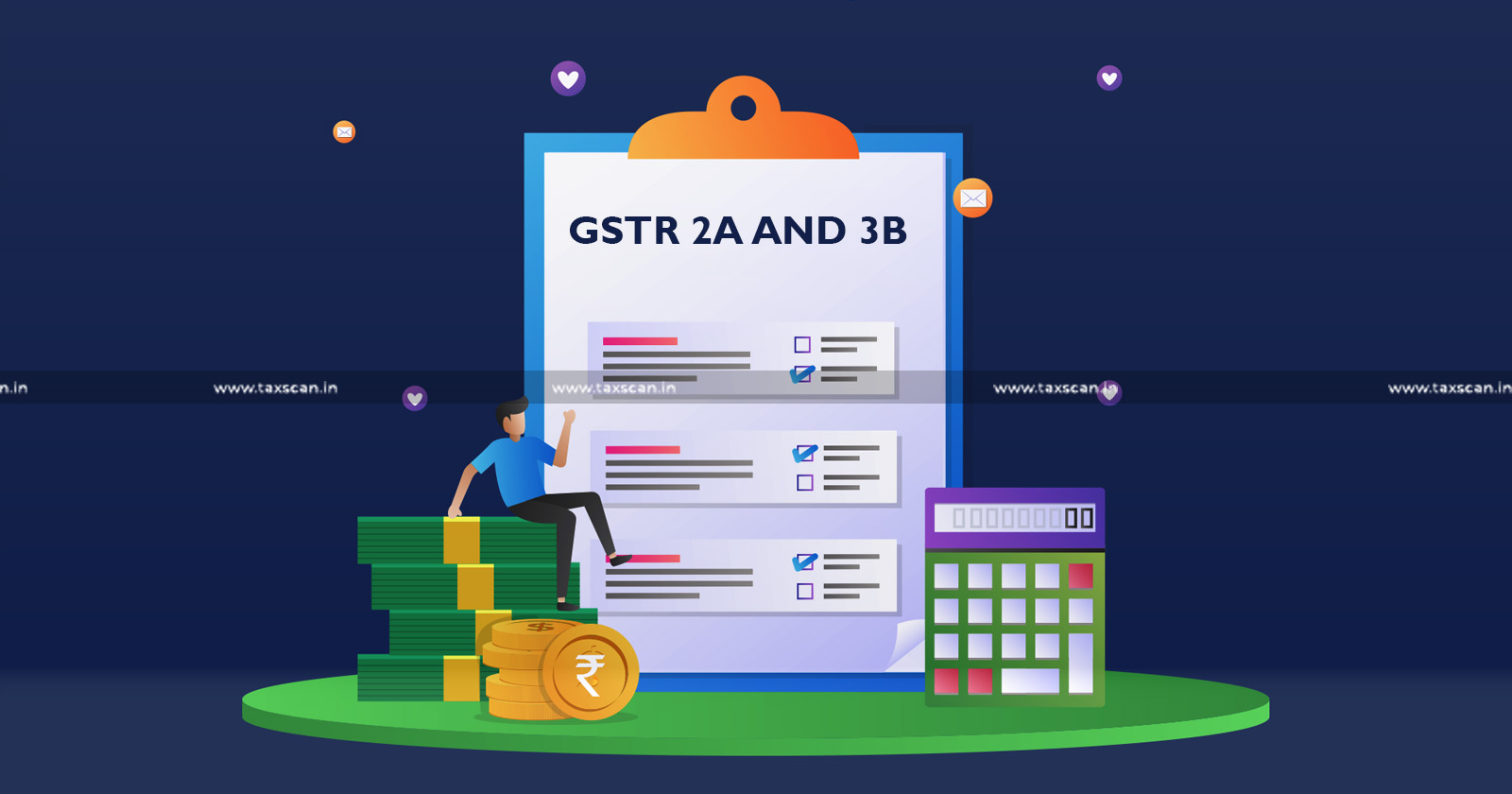Buyer Complying with Sec 16(2) Conditions Eligible for ITC & Not Liable for GSTR 2A and 3B Mismatch on Seller's Default, Recovery Targeted at Seller and Not Buyer: Calcutta HC

The High Court of Calcutta has held that the Buyers who comply with the conditions contemplated under Section 16(2) of the Central Goods and Services Tax (CGST) Act and State Goods and Services Tax (SGST) Act, 2017 are eligible to avail Input Tax Credit (ITC) and are not liable for the mismatch or discrepancies in the Goods and Services Tax Return (GSTR) 2A and GSTR 3B due to the default of the seller.
It was also held that the recovery procedures initiated by the proper officer shall be directed against the seller and not the buyer.
The case revolved around the appeal filed by the writ petitioner, Suncraft Energy Private Limited, against an order passed by the Assistant Commissioner of State Tax, which reversed the ITC availed by the appellant under the West Bengal Goods and Services Tax (WBGST) Act, 2017.
The appellant had purchased goods and services from a supplier, who is the 4th respondent in this case, and paid the applicable GST to the supplier at the time of purchase. However, certain invoices from the supplier were not seen reflected in the GSTR 2A return of the appellant buyer for the Financial Year 2017-18 due to the default made by the supplier in uploading their GSTR 1 Return.
The first respondent, Assistant Commissioner of State Tax issued Show Cause Notice (SCN) to the appellant, demanding the reversal of the ITC without conducting any investigation or inquiry on the defaulting seller or attempting to recover the tax from the seller.
The appellant was represented by Ankit Kanodia, Megha Agarwal and Jitesh Sah while the respondents were represented by Anirban Ray, T.M. Siddiqui and S. Sanyal
The appellant argued that they had fulfilled all the conditions prescribed under Section 16(2) of the State Goods and Services Tax Act, 2017 and had duly paid the tax to the supplier since the invoice value is inclusive of GST.
The bench observed that Section 16(2) of the State Goods and Services Tax Act outlines the conditions for a dealer to be eligible for ITC.
The conditions include possession of a valid tax invoice, receipt of goods or services, payment of tax to the government, and furnishing of returns under Section 39 of the State Goods and Services Tax Act.
The appellant contended that they had satisfied all these conditions and hence, their claim of ITC is legitimate and valid.
The bench highlighted the press releases issued by the Central Board of Indirect Tax and Customs (CBIC), which clarified that GSTR 2A was meant for taxpayer facilitation and did not impact the ability of the taxpayer to avail ITC on a self assessment basis.
The bench also clarified that there would be no automatic reversal of ITC from the buyer on non-payment of tax by the seller. Recovery of tax from the seller was the primary recourse and only exceptional situations, such as collusion between the buyer and seller or the seller’s closure without adequate assets, could warrant action against the buyer.
The division bench comprising Chief Justice T.S. Sivagnanam and Justice Hiranmay Bhattacharyya held that the first respondent had erred in reversing the ITC availed by the appellant without taking any action against the defaulting seller.
The bench directed the proper officer to first proceed against the seller and only under exceptional circumstances, as clarified by the CBIC, could proceedings be initiated against the appellant.
This judgment brings relief to the buyers who had complied with the conditions laid down under Section 16(2) of the Central Goods and Services Tax Act and clarifies that they cannot be held liable for discrepancies arising due to the default of the seller.
The bench also emphasised the importance of conducting proper inquiries and investigations against the defaulting sellers and following due process before demanding reversal of ITC from the buyers.
In result, the appeal is allowed and the orders passed in the writ petition and the order passed by the Assistant Commissioner of State Tax are set aside with a direction to first proceed against the seller before any proceedings can be initiated against the appellant.
To Read the full text of the Order CLICK HERE
Support our journalism by subscribing to Taxscan premium. Follow us on Telegram for quick updates
SUNCRAFT ENERGY PRIVATE LIMITED AND ANOTHER vs THE ASSISTANT COMMISSIONER , 2023 TAXSCAN (HC) 1206 , Mr. Ankit Kanodia, Ms. Megha Agarwal, Mr. Jitesh Sah , Mr. Anirban Ray, Md. T.M. Siddiqui, Mr. S. Sanyal, Adv.

